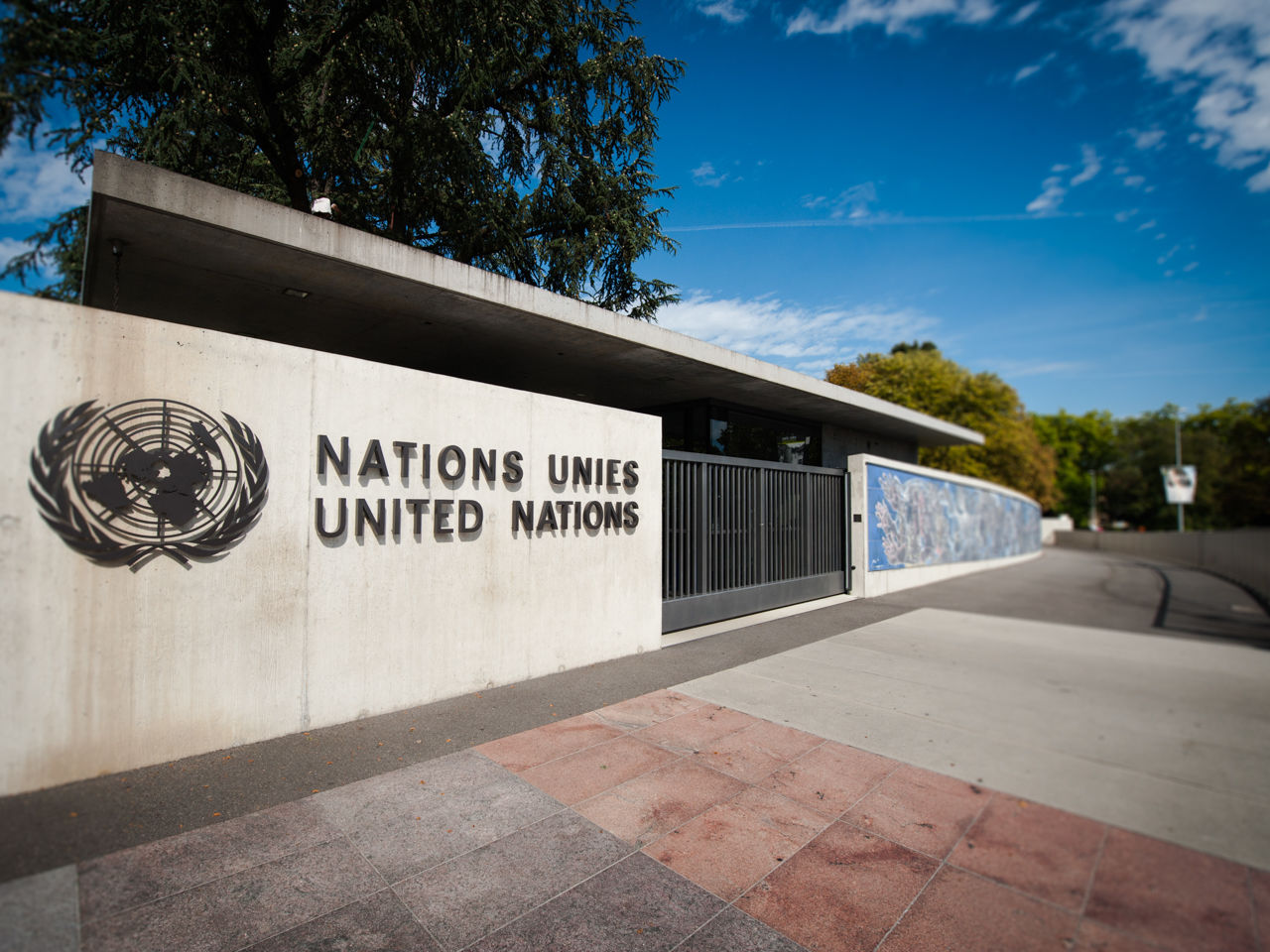Preparation of Summary Records
What are summary records?
Summary records are official documents constituting the permanent records of the United Nations bodies for which they are authorized. They are intended to provide a clear, concise and accurate picture of the proceedings. They summarize the views of the speakers and record the decisions taken. A summary record is not a verbatim record of the proceedings. The names and titles of the speakers are given in the summary records.
How are they prepared?
At the United Nations Office at Geneva (UNOG), 90 per cent of summary records are drafted by the English Translation Section (ETS). For the human rights treaty bodies, the French Translation Section drafts records for meetings at which the State party reports of francophone countries are being considered. Every effort is made to produce a reviser’s draft of treaty body summary records within 48 hours of the end of a meeting.
Teams of precis-writers draft and revise summary records, listening to the proceedings in the original language as far as possible in order to ensure that the records are accurate. They verify names, titles, references and information presented by speakers and need to understand the procedures followed by each committee in order to produce records that are coherent and consistent over time. For each of the bodies, ETS has a focal point whose job it is to make sure that relevant information is shared with all parties and any issues are flagged and addressed.

